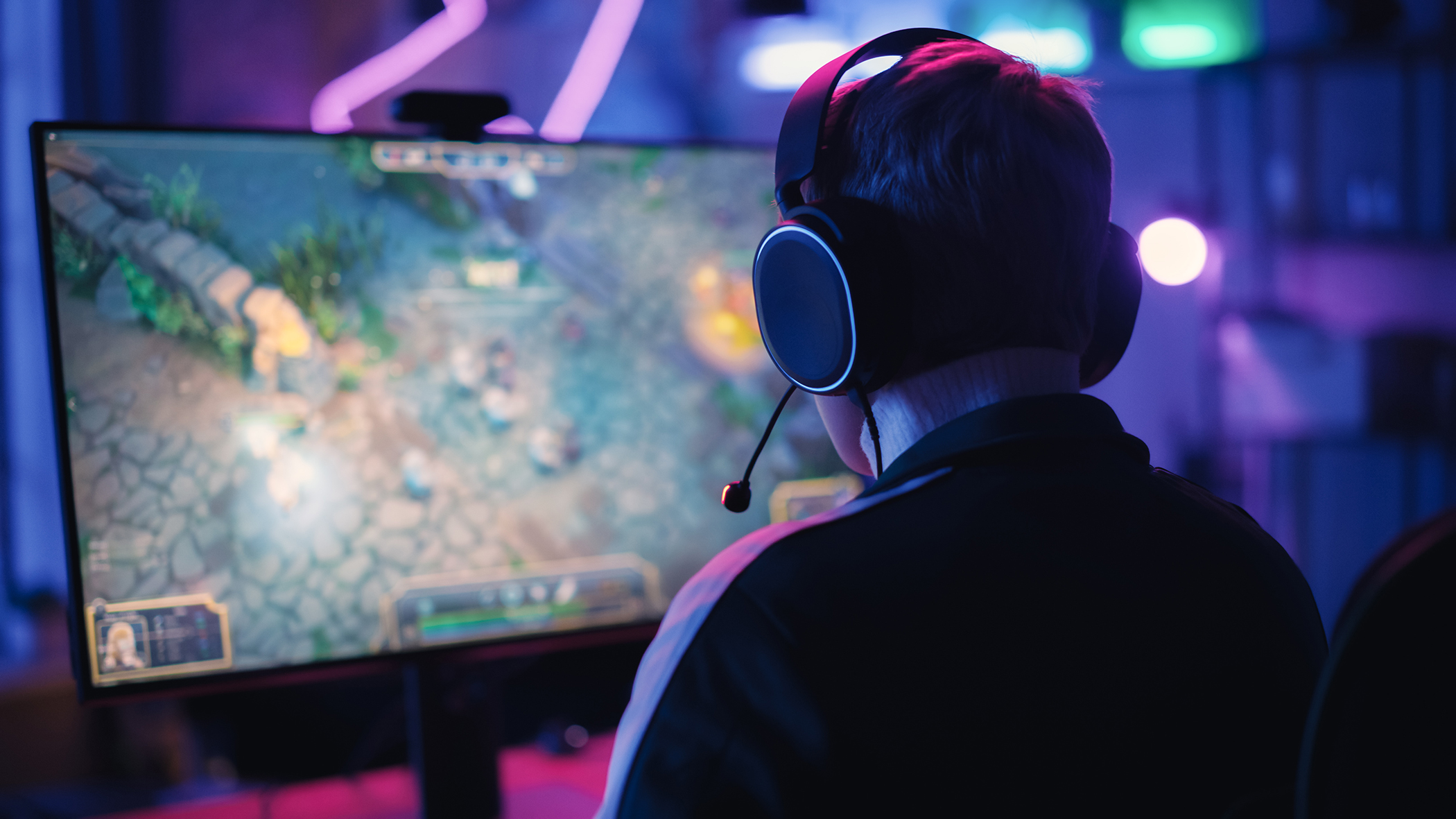Addictive behaviors often develop during adolescence and can lead to issues with mental and physical health.
Despite these consequences, most high school counselors, who are positioned to address these issues, report a lack of formalized training in two addictive behaviors—vaping and internet gaming, according to a new study by the University of Georgia.
“School counselors are aware this is an issue, but it doesn’t seem like we’re providing the training as a profession so that they can address it,” said Amanda Giordano, principal investigator of the study and associate professor in the UGA Mary Frances Early College of Education. “They’re seeking their own continuing education and self-study to learn how to meet these needs.”
Students who vape are exposed to a combination of substances, including nicotine or cannabis, and are at risk of developing lung injury, headaches, nausea and more.
The prevalence of vaping has increased among nonsmoking adolescents in the past several years, with 41% of adolescents having vaped nicotine at some point in their lives and 26.2% having vaped marijuana at some point in their lives.
“These are really distressing numbers because as a society, we’ve worked hard to curb adolescent smoking of combustible tobacco products,” said Giordano. “Now with vaping, we see those numbers going back up. And, when vaping, adolescents can be exposed to higher concentrates of THC than they would through traditionally smoked cannabis. Given what we are seeing in the research, adolescent exposure to high potency cannabis products is very concerning.”
Internet gaming disorder—which was officially recognized by the World Health Organization in 2019—is a behavioral addiction people engage in to regulate their emotions. In addition to high involvement in the behavior, gaming disorder is marked by a loss of control, compulsivity, continued engagement despite negative consequences, and craving the behavior when not engaging.
Gaming disorder affects a substantial number of adolescents worldwide and is linked to a range of consequences, including depression, anxiety, impaired cognitive control, family conflict, poor diet and more.
Supporting school counselors
After analyzing data from 221 high school counselors in New York, Georgia and Washington, Giordano found that 81% of participants reported working with at least one student with a gaming issue in the previous year.
Similarly, 81.4% worked with at least one student with a vaping-related issue in the previous year, while 70.1% reported that gaming issues increased during the COVID-19 pandemic.
However, only 24.4% of school counselors felt at least moderately competent addressing gaming-related issues, while 37.1% felt at least moderately competent addressing vaping-related issues.
“These numbers are very compelling as they confirm a large majority of high school counselors are going to address vaping and gaming in their work,” said Giordano. “That information in and of itself speaks to the prevalence of these issues among students and the training needs for school counselors. We need to make sure future school counselors have access to addictions counseling courses, and we need to support school counselors who are already out in the field.”
To prepare school counselors, said Giordano, training programs should ensure topics on recognizing and responding to addictive behaviors are infused in a program’s curriculum or presented in a standalone mandatory course.
“As educators, we need to make sure we’re addressing these issues in grad programs for school counselors,” said Giordano. “I firmly believe that all counselors are addictions counselors—and school counselors are uniquely positioned to intervene early when it comes to addictive behaviors among youth.”
Prevention programs in schools
The study also found that school counselors ranked other issues like mental illness, low academic achievement, suicidal ideation, trauma, cyberbullying and nonsuicidal self-injury as more concerning than behavioral addictions like gaming.
The sheer diversity of these issues highlights the importance of school counselors and the critical work they do with students, added Giordano.
Although other issues were more concerning to participants, the prevalence of both vaping and gaming addiction indicates a need for school counselors to implement preventative and early intervention measures, which might include school-wide programs focused on vaping, such as CATCH My Breath and smokeSCREEN.
For gaming addiction, school counselors may consider developing new classroom lessons centered on internet gaming and provide education related to the risks of compulsive gaming, such as low academic achievement, less sleep, higher rates of school violence and more.
These lessons can help students understand what gaming addiction is, what the warning signs are if they are losing control over their gaming, and when they need to reach out for help.
“Right now, a lot of people are discussing advocacy for children and youth about digital media use,” said Giordano. “I think the risk of gaming addiction is an important part of that conversation. This type of data from school counselors is a compelling form of advocacy, highlighting the need to take technology-based addictive behaviors seriously and work on prevention. We know what’s happening, so now we can think about what we need to do to support school counselors, as well as high school students who are engaging in these addictive behaviors.”


